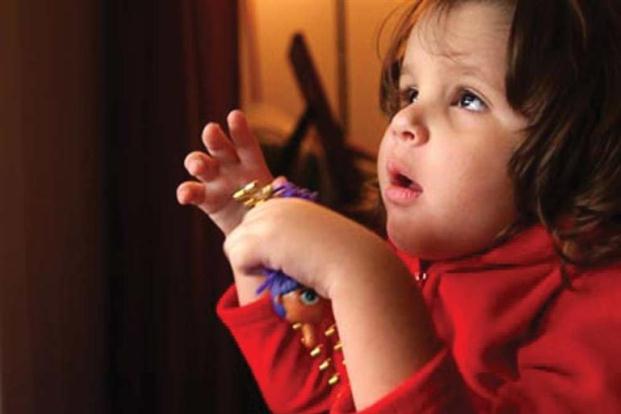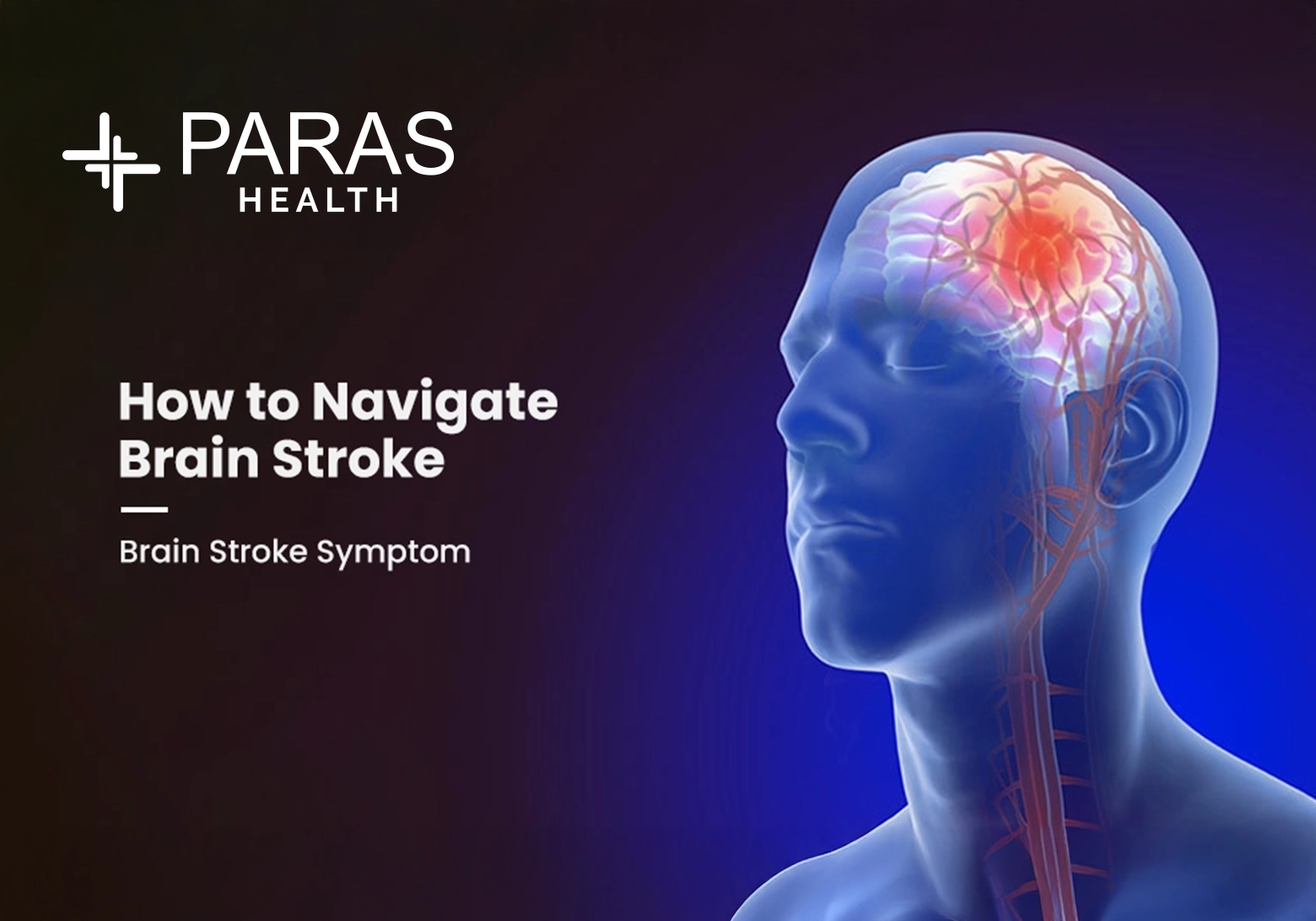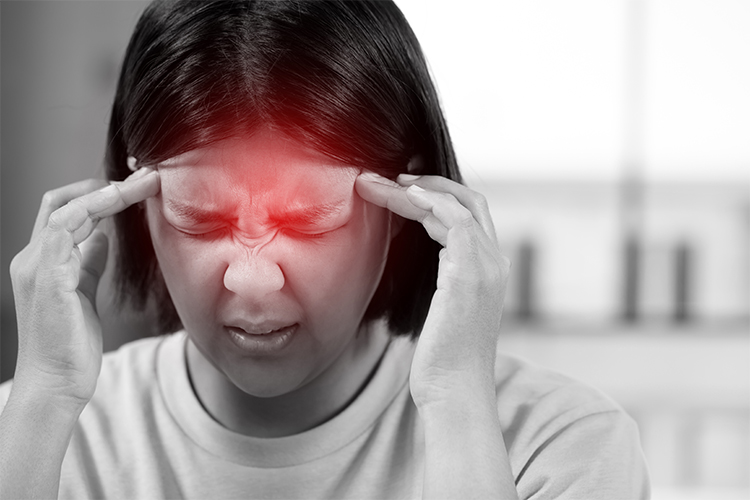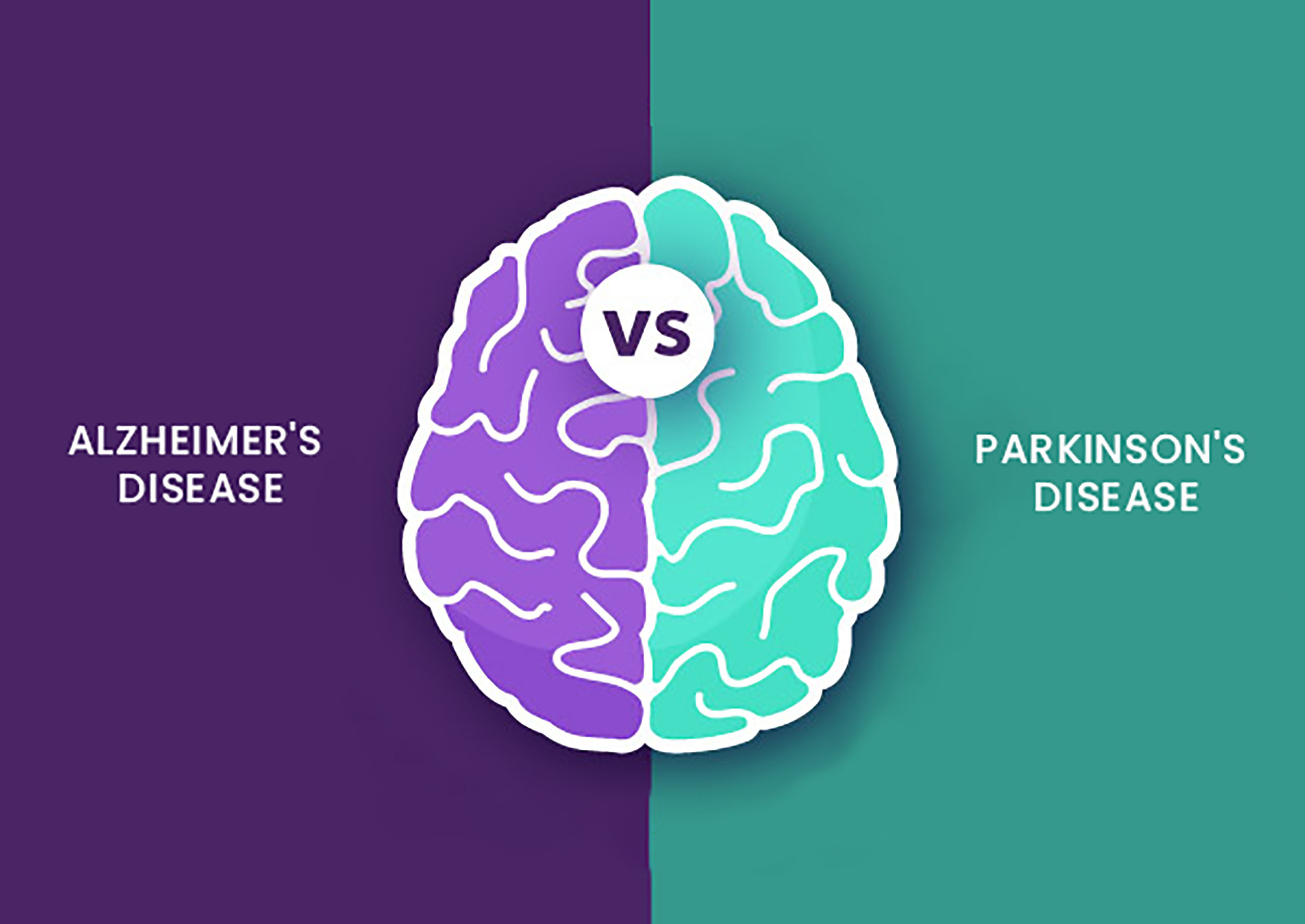How Autism affects Learning & Development

Apr 19, 2022
Children with ASD or autism spectrum disorder grow at a different pace & do not necessarily grow skills in the order similar to other typical children. i.e. Children with ASD may commence using some single words when they turn around 1 year old. They may not have language skills as good as other children. It may take an autism child 3 years or more to start using a combination of words into short phrases.
Another kid with an ASD may be capable of labelling their own body part, however, may not be capable of labelling body parts shown in a picture. They may be capable of identifying colours but not capable of sorting as per colours.

Effects of ASD on Attention and Interaction
Children with ASD do not tune into the other individuals in the way similar to other typically growing babies & children. i.e. a kid with Autism may not respond to his name, smile at others, make an eye contact or even wave goodbye until they are told to. A kid with ASD also may not point or use an eye contact for seeking someone’s attention or to communicate.
Use of gestures and eye contact for sharing experiences with other people is known as joint attention or shared attention. Kids require the skill of joint attention for growing communication & language skills i.e. when a father points to a picture of a cat but child looks somewhere else, it would be tougher for a child to learn the connection between the word cat and the picture of the cat.
Effects of ASD on Understanding
Children with ASD find it tough to look at things from the perspective of others. They may have problems to understand that others could have different desires & beliefs from them. They may also find it tough in understanding & predict the behaviour of other people & to comprehend how their behaviour affects other people.
Seeing things from the perspective of the other people is a vital social skill. Without that, a child with autism could find it tough & get along with others.
In daily life this could mean that a child with autism does not understand why some other individual is upset.
Usually kids grow these skills at approximately 3 to 5 years, however, it could take very long for kids with autism.







